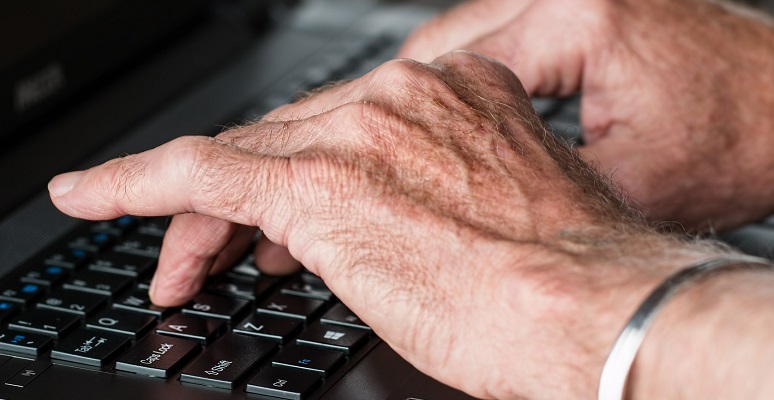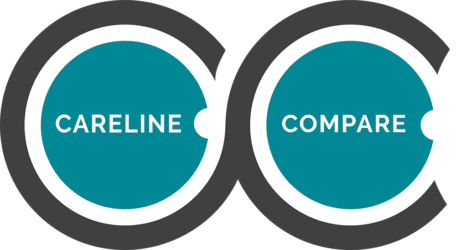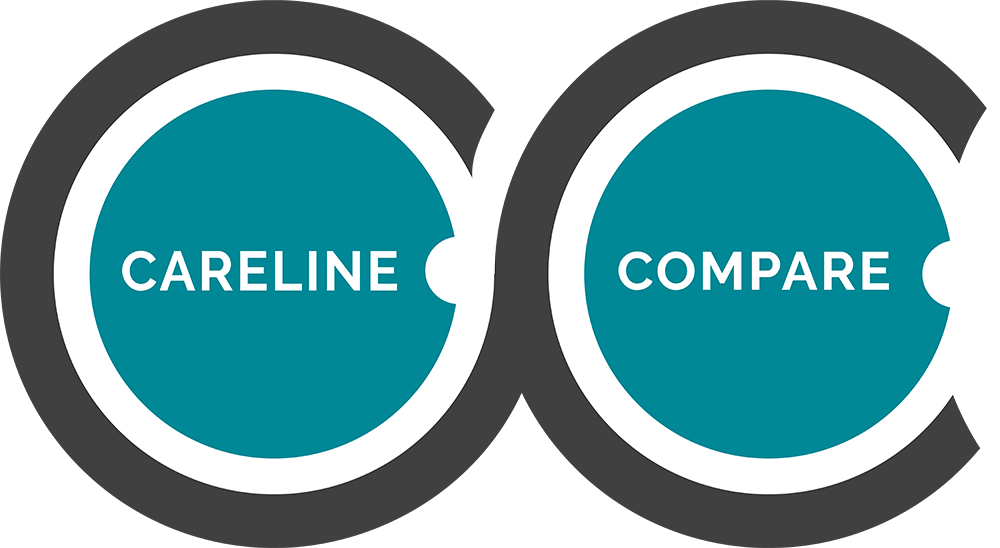
Assistive Technology for the Elderly
on theGetting older can impact our loved ones’ health. Their eyesight may deteriorate, or they may suffer from more serious health conditions such as dementia or diabetes. It is, however, important that they are still able to live happy, independent lives. This is where assistive technology can help.
Many of us wonder what technology is available. Today, I will look at some of the devices available for our elderly loved ones.
What is Assistive Technology?
“Assistive technology” may be a phrase you have heard before. It is an umbrella term for any device or app that is designed to offer support in day-to-day life. This includes things as simple as reminding our loved ones to take their medication. The goal of assistive technology is to reduce reliance on other people and help our loved ones to live independently.
Types of Assistive Technology
There are a wide range of assistive technologies on the market that can improve quality of life for our loved ones. Some are designed for everyday use, whilst others are intended for emergencies.
Smart Doorbells
It used to be that when we heard the doorbell, we wouldn’t know who was on the other side until we reached the door. For our elderly loved ones, mobility issues may mean that by the time they answer the door whoever was there is gone – delivery drivers may end up leaving something undelivered.
Smart doorbells change that. When someone presses the button, an alert is sent to an app on your (or your loved one’s) phone. It will show you who is outside, and many also come fitted with a speaker allowing you to talk with them. This allows your loved one to say that they’re on their way or ask for the parcel to be left on the doorstep.
These devices are also becoming increasingly affordable as they become more popular.
Interlinked Smoke Detectors
It is a legal requirement for every floor in a house to have a smoke detector fitted. However, our loved ones can get additional protection by investing in interlinked smoke detectors. These devices are digitally connected so that if one goes off, they all go off.
Purchasing interlinked smoke detectors may be ideal if your loved one has hearing difficulties. If an alarm goes off in one room whilst they are in another, they might not hear it; an alarm going off in the same room as them is more likely to be noticed. This will allow them to get help sooner.
Some of the Telecare providers listed on this website provide affordable smoke detector options. In some cases, they are also connected to the personal alarm systems.
Medication Dispensers
Regardless of age, almost half of us take at least one form of prescription medication. When we need to take multiple medicines, it can become more challenging to keep track of them. If our elderly loved ones are beginning to suffer from memory problems, this becomes even more difficult.
Medication dispensers are a useful type of assistive technology that can help your loved ones keep track of their prescriptions. There are various types of medication dispenser, from simple plastic pots to electronic smart dispensers; the latter often include an alarm or connect to an app to remind your loved ones to take their pills.
With so many choices available, it’s easy to find one that suits your loved one’s needs and budget.
Screen Readers
With so much information available to us online, it would be a shame for our loved ones to lose access due to failing eyesight. Fortunately, screen readers are an assistive technology option that can help.
Usually existing as apps on laptops or phones, screen readers convert written information into sound. They will read out articles, descriptions of images, and navigation options, supporting your loved ones in using their favourite apps. Screen readers could also be useful if your loved ones are fans of eBooks.
Many devices come with built-in screen readers as part of their accessibility options. However, there are some high-quality apps that may be better suited to your loved one’s needs.
Text-to-Speech
Some medical conditions can impact our loved ones’ ability to speak. This can be very frustrating for them as it can become difficult to socialise or ask for help. In these situations, using a text-to-speech device could help.
Existing either as apps on phones, or as specially designed speech generation devices, text-to-speech allows your loved ones to type what they want to say. When they have finished, the device will then read it out loud so that other people can hear.
Text-to-speech could be an invaluable form of assistive technology. Being able to communicate confidently with friends and family can support mental health and fight isolation.
Telecare Alarms
I would be remiss if I did not discuss Telecare alarms in a post about assistive technology. These devices are amongst the best options for supporting elderly loved ones at home. They provide additional peace of mind, ensuring help is always available.
Most Telecare alarm systems consist of a small pendant that is worn by the user. If they have a fall, feel unwell, or feel unsafe, they simply press a button and someone from their provider will arrange help for them. For additional reassurance, you might even consider a fall detector or GPS plan.
Whatever Telecare system you choose, it ensures your loved one is in safe hands 24/7. Be sure to compare different companies to get the best deal.
Financial Support
Depending on your loved one’s needs, they may be able to get some assistive technology for free. This will generally be as part of a care package from their local authority. To be eligible for this support, your loved one will have to undergo a care needs assessment. This will determine whether they need help and what help can be provided.
In other case, your loved one may be offered a discount on certain products. It is also worth keeping an eye on different providers to see if they have any special offers.
Finally, if your loved one is disabled or has a long-term health condition, assistive technology may be VAT exempt.
Choosing the Best Alarm
If you are considering purchasing a personal alarm for your loved one, you want to make sure you are getting the best deal. With that in mind, be sure to check out the compare page. If you need further guidance in choosing the best personal alarm, be sure to read How to Choose a Personal Alarm.

